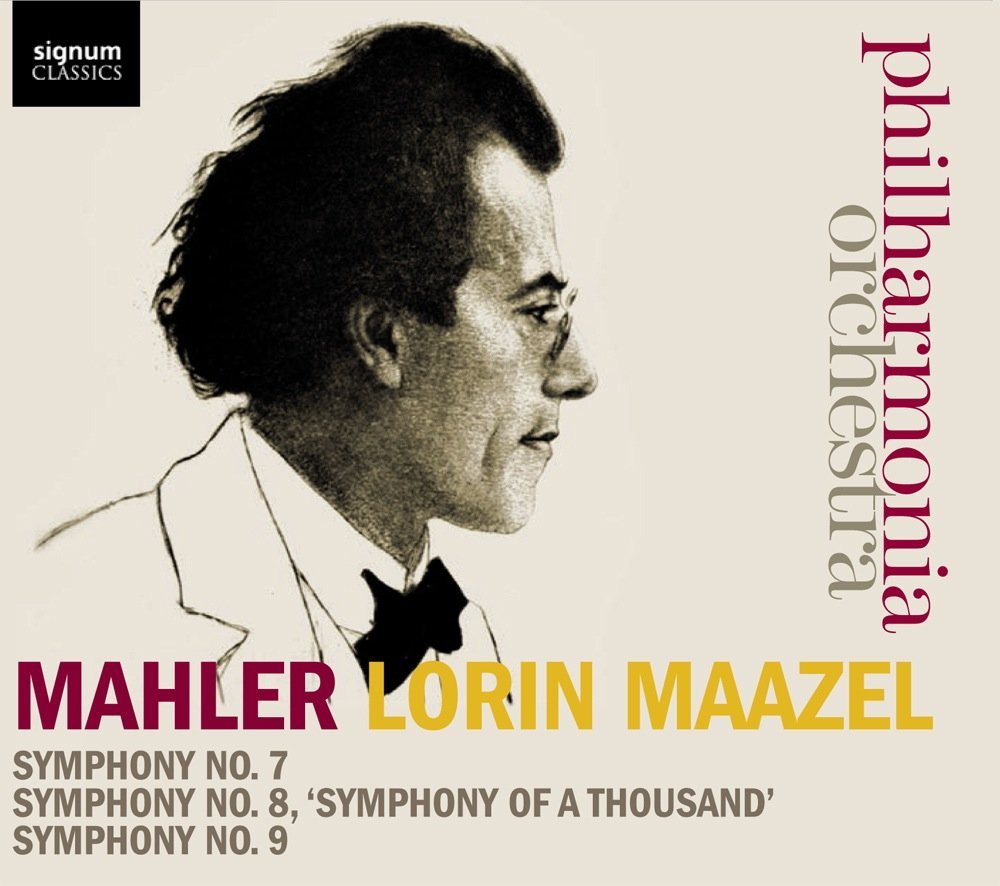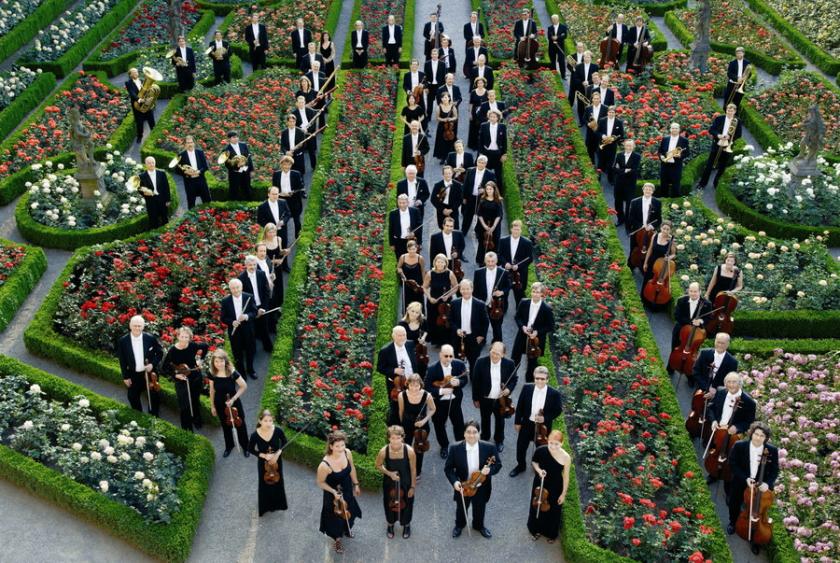 Haydn: Symphonies 31, 70 and 101 Scottish Chamber Orchestra/Robin Ticciati (Linn)
Haydn: Symphonies 31, 70 and 101 Scottish Chamber Orchestra/Robin Ticciati (Linn)
Josef Haydn recalled his three decades spent working for the Esterházy court in the following terms: “I was cut off from the world, there was no one near me to torment me or make me doubt myself, so I had to become original.” And the three D major symphonies on this generously-filled disc do bubble with originality; No. 31, nicknamed the Hornsignal, opens with a four-horn blast which looks forward to Tchaikovsky's 4th. Haydn's ready access to a quartet of highly paid horn virtuosi in his court orchestra prompted some inspired (and still extremely difficult) writing. The big fanfares impress, played on natural horns, but it's the trickier quiet moments which amaze. Like the duets in the "Adagio", or the "Menuet"'s fiendish trio. And the opening fanfare returns to crown the end of the finale's set of variations. You could argue that the Scottish Chamber Orchestra's horns are too loud, but isn't that the point of this piece? They're brilliantly supported too; Robin Ticciati's reading is taut, sharp and witty.
He follows it with the much shorter, more enigmatic Symphony No.70, a work dominated by loud timpani thwacks and sharp trumpet blasts. Oddest is Haydn's fiery last movement, daring its audience to clap before the final chord. And there's the better known Symphony No 101. Ticciati's introduction broods magnificently. Ticking bassoons charm in the "Andante". The third movement's trio still sounds deeply strange; the flighty flute solo played out over static string chords. All thought-provoking and highly enjoyable – Ticciati's best disc so far.
 Mahler: Symphonies 7, 8 and 9 Philharmonia Orchestra/Lorin Maazel (Signum)
Mahler: Symphonies 7, 8 and 9 Philharmonia Orchestra/Lorin Maazel (Signum)
That our lives seem to pass more quickly with age is recognised as fact; one psychologist wrote as far back as 1890 that the lack of new and exciting experiences in adulthood “causes the days and weeks to smooth themselves out... the years grow hollow and collapse.” Not a nice thought if, like me, you're heading inexorably into middle age, but it did get me thinking about ageing conductors' tempi choices. Some get faster, others (like Barbirolli, Bernstein and Klemperer) slow down to the point of caricature. There's an extraordinary box of Bruckner symphonies conducted by Sergiu Celibidache where the speeds defy belief, but somehow work. This final instalment in the late Lorin Maazel's live Mahler cycle contains a Ninth Symphony with an unbelievably protracted first movement. It can last as little as 22 minutes; in Maazel's hands it's nearly 36. He does get away with it – there are moments when the Philharmonia players almost buckle under the strain, but the concentration and control are phenomenal. Whether you'd want to hear this performance more than once is debatable; it's a very sombre, weighty take on music which shouldn't be this gloomy. The lower brass are deafening at the movement's climax, and it's as if the door's been slammed shut a little too soon. Mahler's middle movements fare better, especially a ferocious "Rondo-Burlesque" which still has space to breathe. The 29 minute"Adagio" feels about right, but Ivan Fischer's more urgent, single disc performance speaks more eloquently.
Maazel's Seventh is very decent, recovering quickly after a flabby introduction. I like the first movement's central idyll, the solo winds and trumpet exceptionally good, and there's a suitably shadowy "Scherzo". Mahler's eccentric finale doesn't fall apart, and the clangorous coda is fantastic. But Symphony 8 is a little too heavy-footed to convince; Veni, creator spiritus lacks momentum and the enormous second movement feels much too long, despite good solo singing. If you've bought the earlier volumes, you'll want this to complete the set, but Signum have missed a trick by not packaging the whole cycle in a slimline box.
 Schubert: Symphonies 1-8 Bamberger Symphoniker/Jonathan Nott (Tudor)
Schubert: Symphonies 1-8 Bamberger Symphoniker/Jonathan Nott (Tudor)
Harnoncourt's recent Berlin Schubert set is a box to live with. So is this one from Bamberg, which boasts even better sound, classy playing and a more affordable price tag. Jonathan Nott's symphonies aren't new either; these are studio recordings made between 2003 and 2006. Harnoncourt is bristly and wiry; Nott's approach is weightier and more self-consciously romantic, making clear Schubert's influence on Brahms and Bruckner. The playing is beyond reproach, with rich, transparent strings and world-class woodwind playing. Be dazzled by the flawless string articulation in the finale of No. 1, and the exuberant close of No. 2. Nott shrewdly stresses the descending minor thirds in No. 3's slow introduction, so we're tickled when they return as a counterpoint to the "Allegro con brio"'s main theme. Nott's No. 6 is up with the best, and had me wondering why this sparkling, joyous work is so rarely heard live.
No. 7 (the Unfinished) has a daringly spacious opening, which Nott sustains superbly; the dissonant climax is appropriately harrowing. There's a sweet, consolatory second movement, followed by 29 seconds of what survives of Schubert's scherzo. The music stops mid-phrase; an oddly disquieting listening experience. Nott's Eighth (the C major) is outstanding. Expansive, romantic and affectionate, it's not a minute too long, and one of those rare recorded performances you can't bring yourself to switch off. Swoon at the "Andante con moto"'s oboe solo, and wallow in the third movement's fruity central section. Fabulous strings in the finale sweep us towards the cheeriest of codas. This is a fantastic set – wonderful performances captured in flawless sound. Don't hesitate.














Add comment